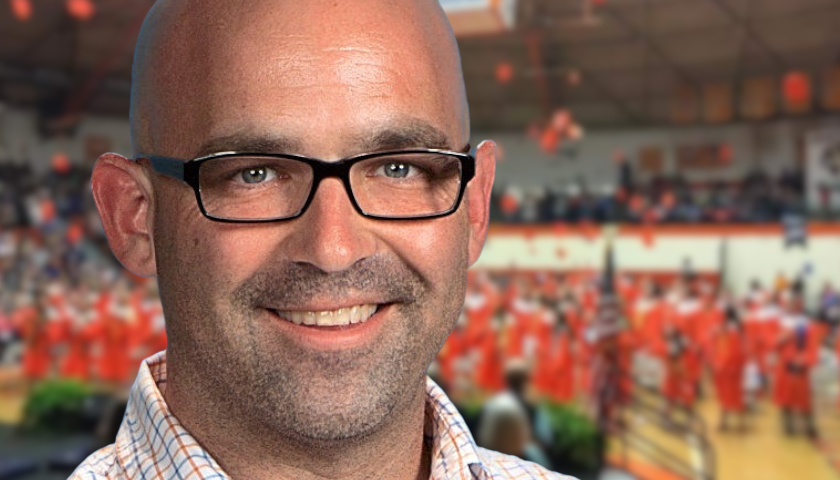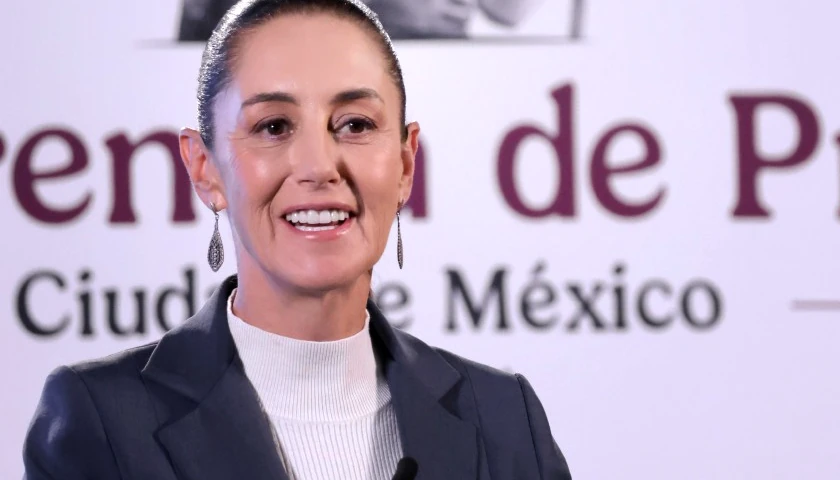by Robert Pondiscio & Tracey Schirra
The firing of Matthew Hawn, a high school teacher in Sullivan County, Tennessee, recently made national news and seemed to confirm fears that newly-enacted state bans on critical race theory (CRT) would have a chilling effect on teacher speech. Hawn (pictured above), a 16-year veteran tenured teacher and baseball coach, had assigned students in his contemporary issues class Ta-Nehisi Coates’s essay, “The First White President,” and a spoken word poem from Kyla Jenée Lacey called “White Privilege.” One headline declared, “A Tennessee teacher taught a Ta-Nehisi Coates essay and a poem about white privilege. He was fired for it.” A Georgetown professor tweeted, “This really seems extreme and a harbinger of what is to come.”
But contrary to news coverage and social media chatter, Hawn wasn’t fired for violating the state’s newly passed CRT ban. Really, he was dismissed for failing to adhere to the Tennessee “Teacher Code of Ethics,” a seldom-invoked but sensible state requirement for teachers to provide students access to varying points of view on controversial topics. Not only did Hawn fail to follow this code when he assigned the contentious poem and Coates’ essay from The Atlantic, which contains claims such as, “With one immediate exception, Trump’s predecessors made their way to high office through the passive power of whiteness,” he also later asserted that “there is no credible source for a differing point of view.” (Hawn recently denied making such a claim, though he declined to explain why the district attributed this statement to him.)
Whether myopic or defiant, the refusal to provide students with more than one point of view — or even to recognize different opinions exist — is educational malpractice. It provides more than enough reason to question a teacher’s professional judgment and commitment to developing his students’ critical thinking skills, rather than imposing his views on them.
What actually happened in Sullivan County hints at a reasonable way forward in the fight over critical race theory in the classrooms: using a code of conduct to recommit teachers to allowing free classroom discussion, with many points of view represented. While such an approach might not satisfy the most extreme and ideologically committed culture warriors, a majority of fair-minded Americans would likely accept and even appreciate it — particularly since it could offer a richer and more rigorous education for students by leaning into controversial issues in the classroom, not avoiding or banning them.
After all, an essential goal in any classroom is cultivating the ability to analyze, discuss, and debate contentious issues civilly, from multiple perspectives. The teacher’s job is to ensure those perspectives are presented fairly and to observe a dispassionate professionalism, allowing students to decide what they think for themselves, without teachers putting a thumb on the scale. A clear teacher code of conduct such as Tennessee’s offers a nimbler and more flexible tool for enforcing this goal of education than a “ban” on ideas or ideologies, which runs the risk of being too broad or creating an unintended moratorium on discussing important ideas in the classroom.
Plus, even well-worded bans that rightfully seek to limit inappropriate teaching practices could prove nearly impossible to enforce, given the great degree of control teachers have over their own classrooms and curriculum. By contrast, codes of conduct could be enacted at the local level, thereby respecting the local control of schools and making the codes more enforceable.
Indeed, local school boards across the country — from urban districts like Philadelphia to smaller districts like Illinois’s Knox County — already have policies or guidelines in place regarding how to teach controversial issues. Though it’s unclear exactly how many districts have these policies or how rigorously they’re enforced, and while both the definition of “controversial issues” and the specific guidelines can vary, they all typically require teachers to present multiple sides of a controversial issue. In the words of Sullivan County’s policy, “If the subject matter being taught involves conflicting opinions, theories, or schools of thought, the teacher will ensure that differing sides of an issue are explored in order to help students develop their own critical faculties.” And many policies also ask teachers to run such lesson plans past their principals, first.
If that sounds burdensome and intrusive, remember that teachers not free agents. They’re public employees accountable to taxpayer-supported districts. A certain amount of transparency and awareness of community sensitivities comes with the job. It’s also important to note that courts have repeatedly affirmed that, while teachers have the same free speech rights as other Americans, they’re considered “hired speech” in the classroom. A federal appeals court in 2007 upheld the firing of an Indiana teacher who spoke out in class against the Iraq War, noting, “The First Amendment does not entitle primary and secondary teachers, when conducting the education of captive audiences, to cover topics, or advocate viewpoints, that depart from the curriculum adopted by the school system.”
To be sure, no policy is foolproof or able to satisfy everyone. There are certainly some who may insist critical race theory is unassailable truth, not merely one lens among many through which well-educated people can view and discuss American history and culture. But common sense suggests that a diverse and plural nation contains diverse and plural viewpoints. It’s reasonable to expect public schools to respect intellectual diversity and teach accordingly.
Given that a founding purpose of schooling in the U.S. is to form students into citizens capable of self-government, the ability to discuss difficult issues in the classroom in an age-appropriate manner is indispensable. A strong majority of parents and other stakeholders likely want their kids in classrooms that don’t shy away from controversial topics, but that have teachers who understand the difference between teaching and preaching. Parents should feel confident their child’s teachers are committed to helping their children form, articulate, and debate their views, without privileging their own. Codes of conduct and meaningful controversial issues policies can help deliver this promise.
– – –
Robert Pondiscio is a senior fellow at the American Enterprise Institute.
Tracey Schirra is a research associate at AEI.
Photo “Matthew Hawn” by Times News. Background Photo “Class of 2019” by Sullivan Central High School.








